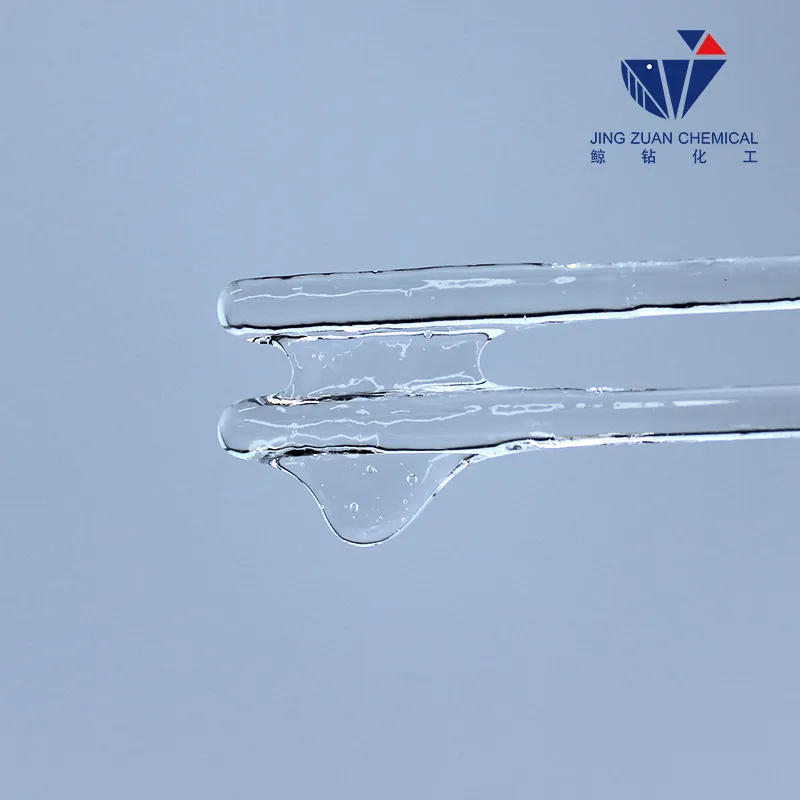
Rhag . 05, 2024 15:09 Back to list
mortar bonding additive
Understanding Mortar Bonding Additives Enhancing Adhesion and Performance
In the world of construction and masonry, achieving a strong bond between materials is paramount. One of the key components that contribute to this bonding ability is the mortar used in various applications. Mortar bonding additives have become essential in enhancing the performance of mortar, ensuring durability, flexibility, and resistance to environmental challenges. This article explores the significance, types, and benefits of mortar bonding additives.
What are Mortar Bonding Additives?
Mortar bonding additives are specialized compounds mixed with traditional mortar materials to improve adhesion and performance. These additives can be polymers, latexes, or other formulations designed to enhance the physical and chemical properties of the mortar. They are typically added in liquid or powder form and can modify the mortar's workability, setting time, and overall strength.
Types of Mortar Bonding Additives
1. Polymer-Based Additives These are among the most common types of bonding agents. They create a flexible and resilient bond between the mortar and the substrate. Polymer-modified mortars are particularly useful in applications where movement or stress is expected, such as in tiling and paving.
2. Latex Additives Latex-based bonding agents enhance the adhesion and resilience of the mortar. Commonly used in tile installations and stucco applications, latex additives help the mortar resist cracking and increase water resistance.
3. Hydraulic Additives These additives improve the setting time and strength of mortar in environments that are damp or wet. Hydraulic mortars with bonding additives set quickly and offer enhanced performance in adverse conditions.
4. Chemical Additives Various chemical formulations can be added to improve the workability, reduce shrinkage, and enhance the bonding strength of the mortar. These products are often tailored for specific applications, such as restoration work or applications in extreme weather environments.
mortar bonding additive

Benefits of Using Mortar Bonding Additives
1. Improved Adhesion The primary benefit of using bonding additives is the significant enhancement of adhesion properties. This is crucial for applications involving different materials, ensuring that the mortar effectively bonds bricks, stones, tiles, and other substrates.
2. Flexibility and Durability Mortar with bonding additives is more resilient and can withstand movement within the structure. This flexibility reduces the risk of cracking and delamination, contributing to the overall longevity of construction projects.
3. Enhanced Performance in Challenging Environments In climates with extreme weather or fluctuating temperatures, mortar bonding additives ensure that the mortar maintains its integrity. These additives enhance waterproofing, reduce permeability, and prevent issues associated with freeze-thaw cycles.
4. Workability Mortar bonding additives improve the workability of the mix, making it easier to apply and manipulate. This is especially beneficial for complex installations or when working on intricate designs.
5. Customization Many additives are designed for specific applications, allowing construction professionals to tailor their mortar formulations to meet the unique needs of each project.
Conclusion
Mortar bonding additives play an essential role in modern construction. By improving adhesion, durability, and overall performance, these additives help ensure that masonry work is not only aesthetically pleasing but also structurally sound. As construction technologies continue to evolve, the use of bonding additives will likely become even more prevalent, further enhancing the integrity and longevity of buildings and infrastructure. For builders, architects, and homeowners alike, understanding and utilizing mortar bonding additives can lead to significant improvements in construction quality and longevity.
-
Unlocking the Benefits of HPMC Products: A Gateway to Versatile Applications
NewsAug.07,2025
-
Unleashing the Potential of HPMC Ashland: A Comprehensive Look
NewsAug.07,2025
-
Tile Bonding Cellulose: The Key to Superior Adhesion and Durability
NewsAug.07,2025
-
Hydroxypropyl Methylcellulose Powder: The Versatile Component in Modern Pharmaceuticals
NewsAug.07,2025
-
Hydroxyethyl Cellulose: The Versatile Solution for Various Industries
NewsAug.07,2025
-
Hydroxyethyl Cellulose (HEC): The Versatile Polymer for Various Applications
NewsAug.07,2025







